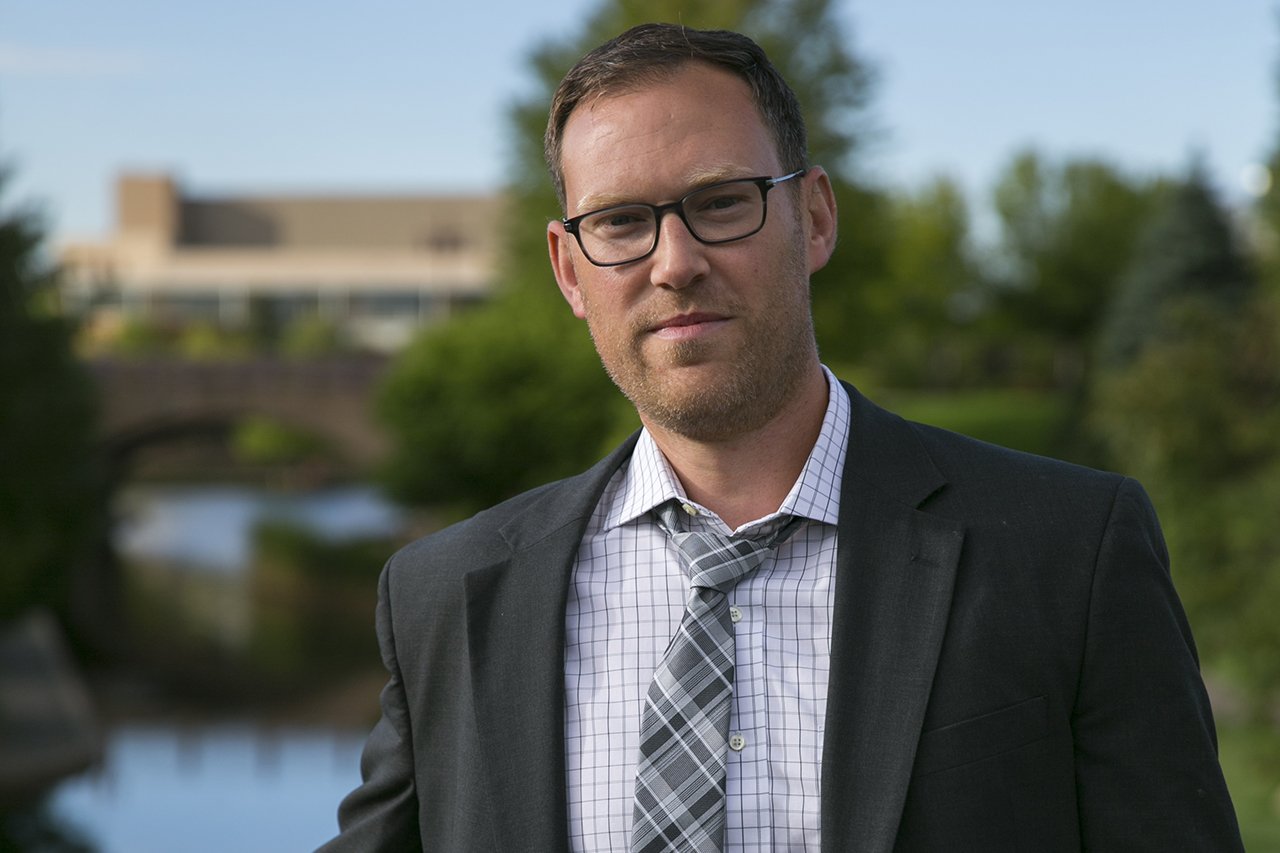Department of Communication
The Department of Communication provides an excellent education in writing, research and media skills.

We encounter hundreds of messages every day. It may be a conversation between friends, a viral social media post or a contentious political debate. It may be a note to a classmate or a strategic marketing campaign. Whatever the message is, the Department of Communication will prepare you to be an effective communicator. Here, you'll learn to be lead in a world where effective and ethical messaging matters more than ever.
What You'll Learn
As one of the largest departments on campus, the Department of Communication will provide you with so many opportunities to help you thrive. Here, you'll learn the skills you need to be successful in whatever profession you pursue. You'll develop skills in
- Writing
- Public speaking
- Research and analytics
- Organization
- Critical thinking
- Working with diverse teams
- Understanding how media works
And so much more!
These skills help you better understand the countless messages we create and consume every day.
ACADEMIC PROGRAMS
-
Communication Undergraduate Program
In 37 exciting credit hours, you’ll learn how to craft effective messages and decode the messages you encounter every day. These courses focus on writing, speaking, research, and media skills. You’ll also get to work with dedicated professors on intensive and applied projects.
If you want to learn the fundamentals of writing, speaking, and media, but not commit to the full major, you should consider a minor in communication. If you’re looking to earn a minor, you’ll choose between a selection of introductory core course and variable topics upper-level courses to design an experience that best fits their interests and best pairs with the major.
Explore Communication Major & Minor -
BUILD YOUR OWN PROGRAM
The world of communication is vast. In COMM, you have the unique opportunity to plot your course through the major or minor according to your interests.
Explore BYO Program -
Communication Graduate Program
Check out important information on the MCOM program below. Reach out to Dr. Michael Lee (Program Director) with any questions.
Outstanding Faculty
Led by a mix of world-renowned scholars and industry professionals, COMM majors, minors, and master’s students can expect classrooms full of deep analysis and applicable training.
Meet the Communication StaffExperiential Learning Opportunities
Related News

New Podcast Explores What Happens When We Disagree
